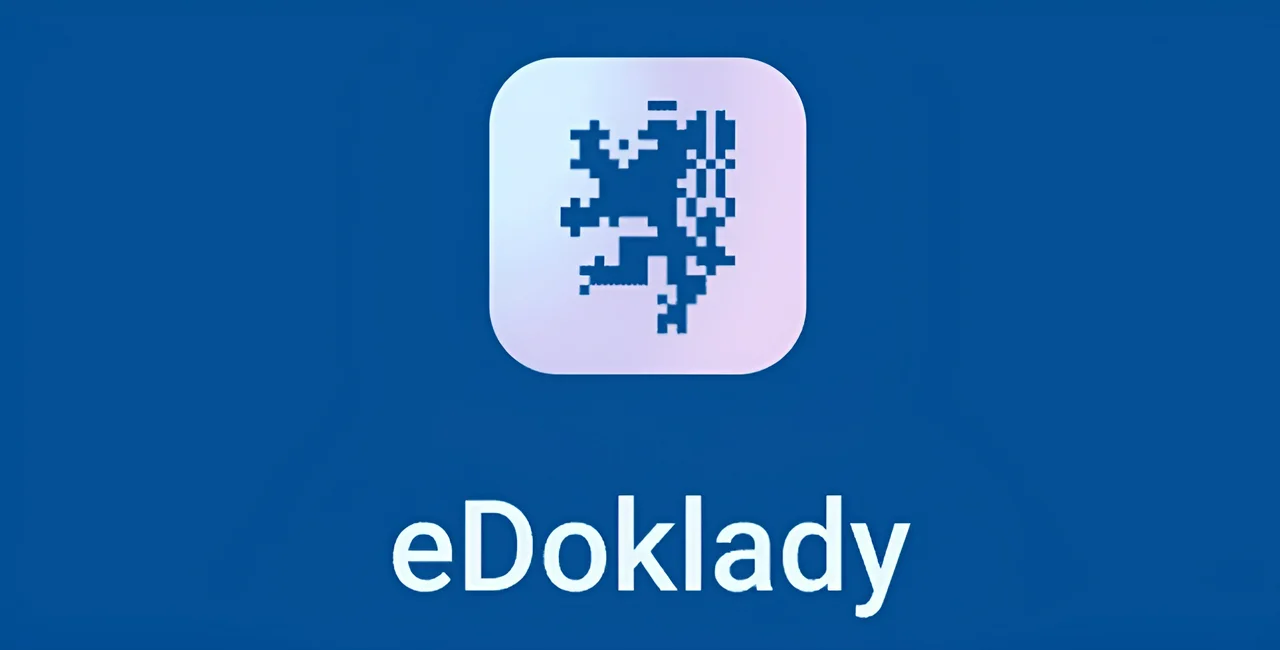As Czechia races toward the 2025 deadline for the rights for digital services law, experts say its progress in digitization has been uneven. Some sectors are advancing while others remain stuck. The country faces significant challenges in bringing all its public services online despite having launched several digital initiatives in recent years.
"On Feb.1, 2025, the law on the right to digital services, also known as the digital constitution, will come into effect," Adam Hanka, the data director of Creative Dock, told the Czech Press Agency (ČTK). “It grants everyone the right (but not the obligation) to conduct almost all interactions with the government electronically,” he said.
The Czech government is currently behind schedule in implementing this law and rushing to comply. Among the challenges the country faces is the lack of more focused leadership and resources to meet the demands of the modern digital age.
Deputy Prime Minister Ivan Bartoš, who was dismissed this week by Prime Minister Petr Fiala due to the slow digitization of construction processes, had achieved several milestones, including the establishment of the Digital and Information Agency, eDocuments, an improved Citizen’s Portal, a unified state domain, and strengthening basic registers and Citizen Identity systems.
However, according to Hanka, significant work still needs to be done in key sectors such as construction, education, and healthcare to ensure that citizens can access all services digitally.
Construction management: A complex task
One of the most challenging areas for digitization is construction management, with the process of issuing building permits still slow and outdated. Historically, Czechia has ranked among the worst countries globally for wait times on building permits, with local authorities using different, unconnected systems. This lack of centralization has made digitizing construction management extremely complicated.
Online education registers still missing
The Ministry of Education has long recognized the need to digitize its administrative processes, particularly in creating registers for students, graduates, and teachers. However, progress in this area has been slow. The Covid-19 pandemic caused the Ministry to halt its original plans, and a new project is now underway, with a pre-implementation analysis expected by May 2025.
Without these digital registers, schools continue to face a heavy administrative burden, and the state lacks up-to-date information on pupils and teaching staff. The Ministry is finalizing a draft law on departmental registers, which should help streamline educational administration, but full implementation is still some time away.
Healthcare: Falling short of expectations
The digitization of healthcare has also struggled to gain traction. While some key elements, such as electronic patient records and shared examination forms, are expected to be in place by 2026, the sector lags where it should be. The EZKarta mobile app, which was meant to facilitate access to healthcare services, has fallen short of expectations, further delaying progress.
Transportation: Mixed progress
The Ministry of Transport has made some progress with the launch of the Transport Portal, which allows citizens to perform tasks such as applying for a replacement driver’s license or checking their vehicle registration status. However, many key services still require an in-person visit to a traffic office, which limits the effectiveness of the digital platform.
Entrepreneurship: A step in the right direction
One of the more successful digital initiatives is the Ministry of Industry and Trade’s Entrepreneurship Portal. Designed as a one-stop digital platform for entrepreneurs, the portal allows users to access trade registers, submit electronic filings, and find essential information for running a business. While the portal represents a positive step forward, it also underscores the uneven progress across sectors.
Challenges to the digital future remain
Czechia's digital transformation faces challenges due to fragmented systems, political instability, and delays caused by the Covid pandemic. With the EU's 2025 Digital Constitution law deadline approaching, significant work remains for Czechia to meet its digital service goals across critical sectors.
As the Czech government has delayed its response to dealing with the digital future, it is now in a rush. "There is a real danger that the state will not be able to fulfill this digital constitution," said Hanka.












 Reading time: 3 minutes
Reading time: 3 minutes 

























